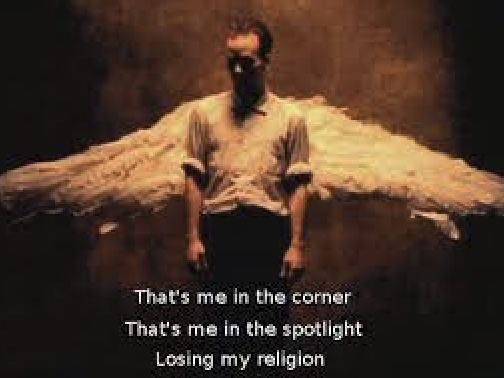“Book of the Month” is certainly an appropriate label for Russell Moore’s “Losing Our Religion: An Altar Call for Evangelical America,” released July 25 by Sentinel. I am borrowing that label, of course, from that venerable subscription club and corporate partner during The Guy’s days working with the old Time Inc.
The bottom line: Pretty much every religious professional will want to take a look at what this central figure has to say.
Ditto for journalists who write about religion.
Moore is, yes, controversial and opinionated but also thoughtful and knowledgeable, so it’s worth absorbing his latest plea for a thorough overhaul of this sprawling and complex Protestant movement (with some pertinence for Catholics, too).
This might be the right time for religion-beat pros to offer yet another broad look at evangelical pitfalls and prospects. The Twitter (er, X) traffic on this new Moore book will continue to be lively.
There’s a possible peg when Moore chats with Beth Moore (no relation), another prominent exile from the Southern Baptist Convention (SBC), in Houston on August 9, which will be live-streamed (details at www.russellmoore.com).
Moore famously opposed Donald Trump’s 2016 candidacy on moral grounds when many other evangelical thinkers carefully kept their qualms private. His 2020 private admonition to executives of the SBC, which later leaked, depicted years of “the most vicious guerilla tactics” against him, especially his activism on issues linked to sexual abuse cases and cover-ups and mishandled race relations. He’s now one of seven ministers at Immanuel Church in Nashville, a congregation with ties to evangelicals in several denominations (including Anglicanism) and part of the Acts 29 network (www.acts29.com).










